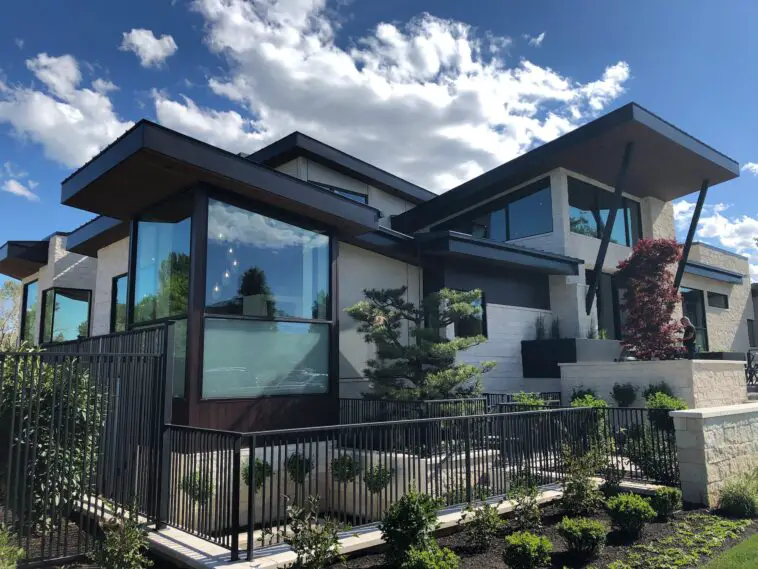Probate sales are an aspect of the real estate market that not everyone is familiar with. While they can offer lucrative investment opportunities, they also come with their own unique set of rules and procedures, differentiating them significantly from traditional real estate transactions.
In this article, we’ll delve into the specifics of probate sales and how they stand apart.
What Is a Probate Sale?
When a property owner passes away without leaving a will or when a will does not specify a recipient for the property, it typically goes into probate. This legal process ensures that the deceased’s debts are paid off, and any remaining assets are distributed according to the law or as the deceased’s will stipulates.
In many cases, the property might need to be sold to cover the outstanding debts or to distribute the assets among beneficiaries. This is when a probate sale comes into play.
Key Differences Between Probate Sales and Traditional Real Estate Transactions
- Court Involvement: One of the most significant distinctions is the role of the court. In probate sales, the court plays a central role in overseeing and approving the transaction. This contrasts with traditional real estate deals, where negotiations and agreements are generally between the buyer and seller or their representatives.
- Pricing and Bidding: Properties in probate sales are typically priced at market value or just below. If multiple parties show interest, this can result in a bidding war. Bidders may need to raise their offers in court, with each subsequent bid being at least a certain percentage higher than the previous.
- Payment Terms: Unlike traditional transactions, where mortgage financing is commonly used, probate sales often require the buyer to pay in cash or with a substantial deposit. This is because probate sales aim to settle debts quickly.
- Property Conditions: In probate sales, properties are often sold “as is.” This means the buyer might not get the chance for traditional inspections and may inherit any structural issues or other property-related challenges. This differs from the usual real estate transactions where inspections and subsequent negotiations based on property conditions are typical.
- Timeframe: Probate sales can take longer than traditional sales due to the court’s involvement and the legal processes that need to be followed. The exact timeframe can vary widely depending on the circumstances.
- Commission Structure: The commission for real estate agents in probate sales might be set by the court or by the terms of the estate. This can differ from traditional sales, where commissions are often negotiated between the seller and the agent.

Advantages of Probate Sales
For all their complexities, probate sales can also present unique advantages:
- Potential for Lower Prices: Due to the need for quick sales or the lack of a competitive market, buyers might find properties at below-market prices.
- Less Emotional Sellers: As the sale is often managed by the court or an executor rather than a family emotionally attached to the property, negotiations can sometimes be more straightforward.
Navigating the Probate Sale Process
While probate sales can offer potential rewards, they’re not for the faint-hearted or inexperienced. Due to their complexities, it’s often beneficial to work with professionals familiar with the process. Many real estate agencies and professionals specialise in probate sales and can guide buyers and sellers through the intricacies.
Companies that offer quick property purchases can also be beneficial in these situations. For instance, We Buy Any Home provides an avenue for beneficiaries or executors to sell homes promptly without the prolonged court process.
Conclusion
Probate sales, while distinct from traditional real estate transactions, provide a unique market niche for buyers and sellers alike. By understanding the differences and complexities, one can navigate this sector effectively, potentially reaping benefits that might not be available in conventional real estate transactions.
Whether you’re a buyer seeking a good deal or an executor looking for a smooth sale, understanding probate sales is key to achieving your goals.
Frequently Asked Questions
Who can buy a property through probate sale?
Anyone can purchase a property through a probate sale, including investors and private buyers. However, all interested parties must adhere to the probate court’s regulations and procedures throughout the bidding and purchasing process.
How long does a probate sale typically take?
The duration of a probate sale can vary considerably, often taking between a few months to over a year. The timeline is dependent on the complexity of the estate, the responsiveness of the heirs, and the efficiency of the court system.
Are probate sales public?
Yes, probate sales are public transactions. Details about the sale, including the property and its value, are recorded in public records, making the process transparent and accessible to any interested party.
Can I use a mortgage to buy a property at a probate sale?
Securing a mortgage for a probate property can be more challenging than for properties sold through traditional channels. However, it’s not impossible. Buyers should consult with mortgage advisors and legal professionals to understand the specific requirements and risks associated with financing probate properties.
Do I need a solicitor to buy a property through probate sale?
It’s highly advisable to engage a solicitor experienced in probate sales, as the process is legally complex and distinct from standard property transactions. A solicitor can guide you through the necessary legal procedures, helping to ensure a smoother transaction.
Can properties in probate sale be contested?
Yes, probate sales can be contested, typically by heirs or beneficiaries who may disagree with the sale or distribution of the estate’s assets. If a probate sale is contested, it can significantly delay the transaction and may require additional legal resolution.
Where can I find probate properties for sale?
Probate properties are often listed by estate agents experienced in such transactions, and they may also be advertised through public notices or on specialised online platforms. You may also contact your local probate court for information on upcoming sales.
Can I inspect a probate property before buying?
In most cases, prospective buyers are allowed to inspect probate properties. However, these properties are often sold ‘as is’, meaning buyers should be thorough in their inspections and aware that they may need to invest in repairs or renovations after the purchase.




